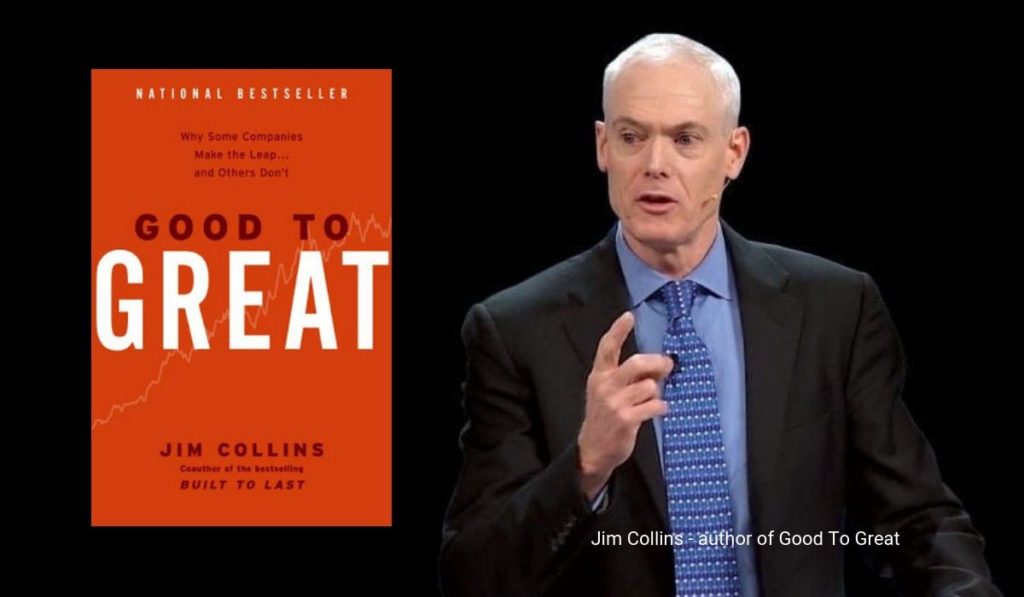
Have you wondered why some people can accomplish so much with their lives, while others simply drift by?
The answer to that is time management. Or more precisely, managing the months, weeks, days and hours of your time.

Have you wondered why some people can accomplish so much with their lives, while others simply drift by?
The answer to that is time management. Or more precisely, managing the months, weeks, days and hours of your time.

Courtesy of Jim Collins
Are charismatic superstar CEOs the answer to enduring success? What about dramatic mergers and acquisitions – aren’t those the panacea to ailing companies?
What about those awe-inspiring cutting edge technologies like virtual reality, artificial intelligence and blockchain? Surely those ought to at least have an impact on greatness, right?
With the subtitle “A Masterclass in Modern Marketing Ideas”, British marketing consultant Kevin Duncan’s Marketing Greatest Hits provides quick summaries of what he considers seminal or interesting titles and their key ideas in marketing. Touted as a “definitive compendium of everything you need to know from the best minds in modern marketing”, the book attempts to encapsulate key lessons from the discipline’s thought leaders.
Neatly organised into six chapters, Duncan’s book systematically dives into the essence of 40 books covering major themes, principles and philosophies, branding, consumer behaviours, creativity and personal organisation. Each section provides a book summary that is further crystallised into an elevator pitch of sorts called a one-sentence summary – the core idea behind a book. Examples of these include the following:

Courtesy of OxfordSEOBlog
As a current student in humanities, I have generated an interest in its various fields like sociology, psychology, anthropology and geography. Being a marketer and communicator, my focus is to see how these wider fields in social sciences influence the outcomes of consumers and markets. By understanding the various dimensions of human behaviours in individual, group and community settings, I hope to devise strategies and tactics that can match those characteristics.
After viewing the blockbuster exhibition Liquid Desires featuring Salvador Dali at the NGV, I learnt that much of his art was influenced by ideas which stemmed from Sigmund Freud. Being curious to learn more about Freud’s theories and influences – without going too deep into the intricacies of psychology – I picked up a slim volume titled Introducing Freud by Richard Appignanesi and Oscar Zarate. Heavily illustrated in a highly whimsical fashion, the book described the life of Freud as well as his major contributions as the father of the psycho-analytical movement.